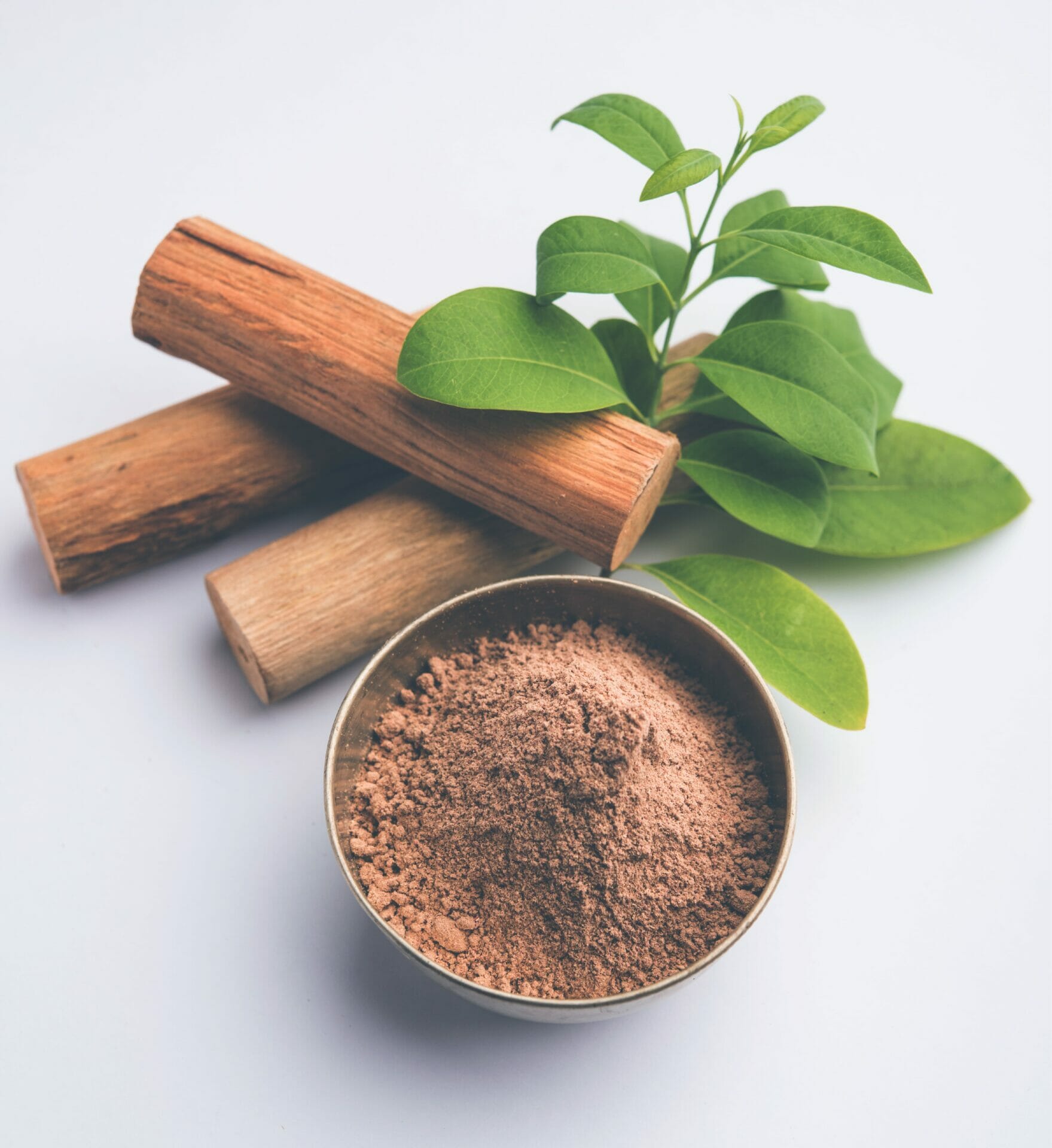
🌿 Cinnamon and Medications: A Flavorful Supplement with Significant Consequences
That dash of cinnamon on your breakfast toast may have an inviting scent and appear completely benign—but researchers are now uncovering that this well-known spice, when consumed in concentrated supplement form, could affect how your body handles medications. This revelation prompts vital inquiries regarding natural supplements and their impact on drug metabolism, particularly among younger individuals managing ongoing health issues.
🧪 Investigating Cinnamon’s Effect on Medications
A group of researchers at the University of Mississippi’s National Center for Natural Products Research has been examining a compound known as cinnamaldehyde—the very element that gives cinnamon its comforting scent and zing. As per their findings, cinnamaldehyde has the ability to trigger specific receptors in the body that assist in regulating drug metabolism, possibly accelerating how fast medications are removed from the system.
Shabana Khan, a lead scientist participating in the research, highlighted the real-life implications: “Health risks could emerge if large quantities of supplements are taken without consultation from a health care provider or the prescriber of the medications. Excessive intake of supplements could result in a swift removal of prescription drugs from the body, potentially diminishing the effectiveness of the medication.”
This newfound insight is essential for individuals—particularly the youth—who are on medications for conditions like asthma, allergies, or other chronic ailments. If these medications are flushed out of the system too quickly, patients may not experience the full advantages intended by their prescriptions.
🍥 Cinnamon in Culinary Use vs. Supplements
Before you start fretting over every cinnamon-infused treat you indulge in, take comfort: Moderation is key. The study centers on highly concentrated cinnamon forms—typically seen in dietary supplements such as pills or capsules—not in regular cooking.
Sprinkling cinnamon on your breakfast oats or sipping a cinnamon-flavored latte will likely not trigger any significant interactions with medications. It is the concentrated extract form, taken in much larger quantities, that raises red flags.
🌍 Not All Cinnamon Is the Same
Compounding this discovery is the type of cinnamon being ingested. There are two primary varieties:
– Cassia Cinnamon (Cinnamomum cassia): The type most frequently found in grocery stores. It contains elevated amounts of coumarin, a naturally occurring compound that can function as a blood thinner and might heighten the risk of side effects when used in excess.
– Ceylon or “True” Cinnamon (Cinnamomum verum): Indigenous to Sri Lanka, this variety has notably lower levels of coumarin and is typically regarded as safer when consumed in greater quantities.
Amar Chittiboyina, another researcher involved, commented: “On the other hand, true cinnamon from Sri Lanka poses a lower risk owing to its diminished coumarin content.”
🧬 Quick-Acting Chemistry
In laboratory conditions, when the researchers introduced cinnamaldehyde to human liver cells, they discovered that the compound was transformed into cinnamic acid (a related but distinct compound) in under 10 minutes. This swift conversion in the liver highlights the compound’s potency and its potential to interact with the metabolic processes related to drug clearance.
As the liver is crucial in metabolizing medications, any compound that modifies this function—be it natural or synthetic—can greatly influence a drug’s effectiveness.
💊 Exercise Caution
For individuals contemplating cinnamon supplements as part of a health or weight loss regimen, the message from researchers is unequivocal: consult your healthcare provider, particularly if you are on regular medications. Supplements are not inherently safe just because they originate from natural sources.
“Our best recommendation is to speak with a healthcare professional before combining any supplements with prescription medications,” Khan advised.
🌿 The Bottom Line
Like many natural treatments, cinnamon offers both advantages and hazards. While it is a tasty and traditional spice, resorting to concentrated forms without professional advice could result in unexpected drug interactions—especially for youth and those with chronic health issues.
Savor your cinnamon rolls, snickerdoodles, and chai lattes—but when it comes to supplements, having a discussion with your doctor is the best first move.
Want More Science Insights Like This?
If you found this article informative, please think about supporting independent science journalism. Your contributions aid us in the ongoing effort to convert complex medical research into clear, compelling, and reliable information. Every donation, regardless of size, counts.
👉 Let’s continue exploring knowledge together—one fact at a time.